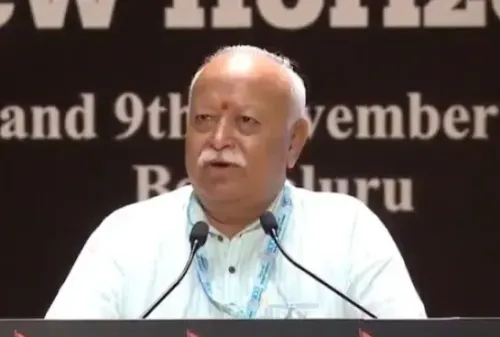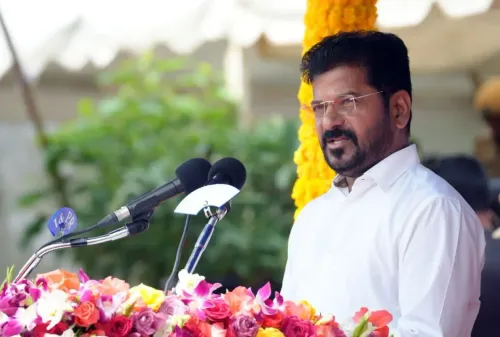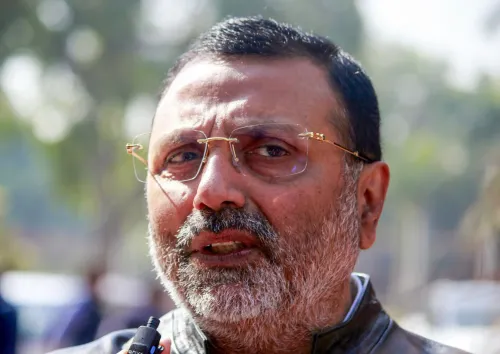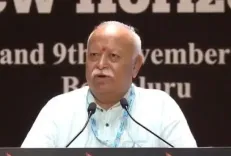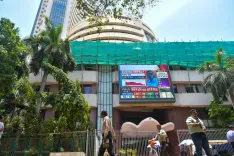Is it currently unfeasible to include petrol and diesel under GST?
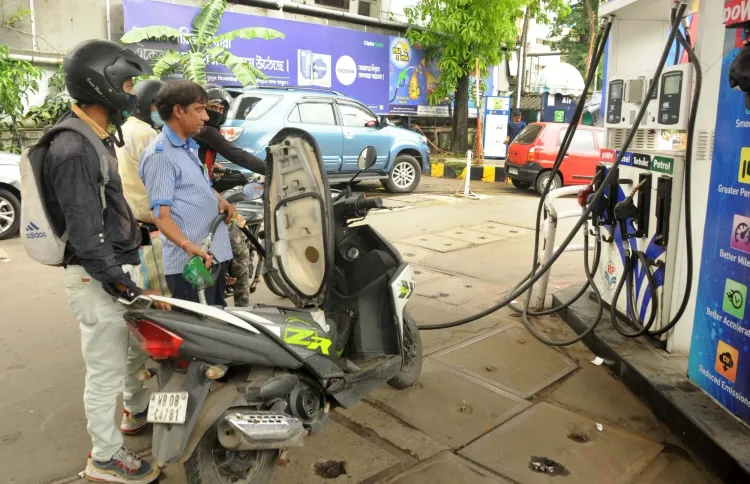
Synopsis
Key Takeaways
- Petrol and diesel currently fall outside GST.
- Revenue implications are a major concern for governments.
- States rely heavily on excise duty and VAT from these fuels.
- Discussions on inclusion are ongoing but complex.
- Finance Minister emphasizes state involvement in decision-making.
New Delhi, Sep 10 (NationPress) As the debate progresses on whether to incorporate petrol and diesel into the framework of Goods and Services Tax (GST), Sanjay Kumar Agarwal, Chairman of the Central Board of Indirect Taxes and Customs (CBIC), indicated that it may not be feasible to include these fuels under indirect taxation at present.
When asked about the inclusion of petrol and diesel in GST, Agarwal informed IANS that these fuels are currently subjected to central excise duty and value-added tax (VAT). These petroleum products generate significant revenue for states through VAT and for the central government through excise duty.
He stated, “Considering the revenue implications, it may not be feasible to bring these fuels under the GST framework at this moment.”
The remarks from the CBIC Chairman come after Finance Minister Nirmala Sitharaman mentioned last week that the central government deliberately excluded petrol and diesel from the GST Council’s proposal.
She noted, “Legally, we are prepared, but this choice must be made by the states.”
Sitharaman added that petrol and diesel were expected to be included, “even at the time GST was implemented, I recall my late predecessor Arun Jaitley discussing it.”
As per her statement, once the states reach an agreement, they will need to determine the tax rate within the council. Following that agreement, it will be incorporated into the law.
Since the implementation of GST in July 2017, products such as petrol, diesel, and alcoholic beverages have been excluded from its scope.
These items serve as crucial revenue streams for both the central and state governments through excise duty and VAT. For many states, these contribute over 25-30 percent of their tax revenue. States express concerns about losing control over taxation policies, pricing, and their ability to influence consumption patterns through excise duty and VAT.

